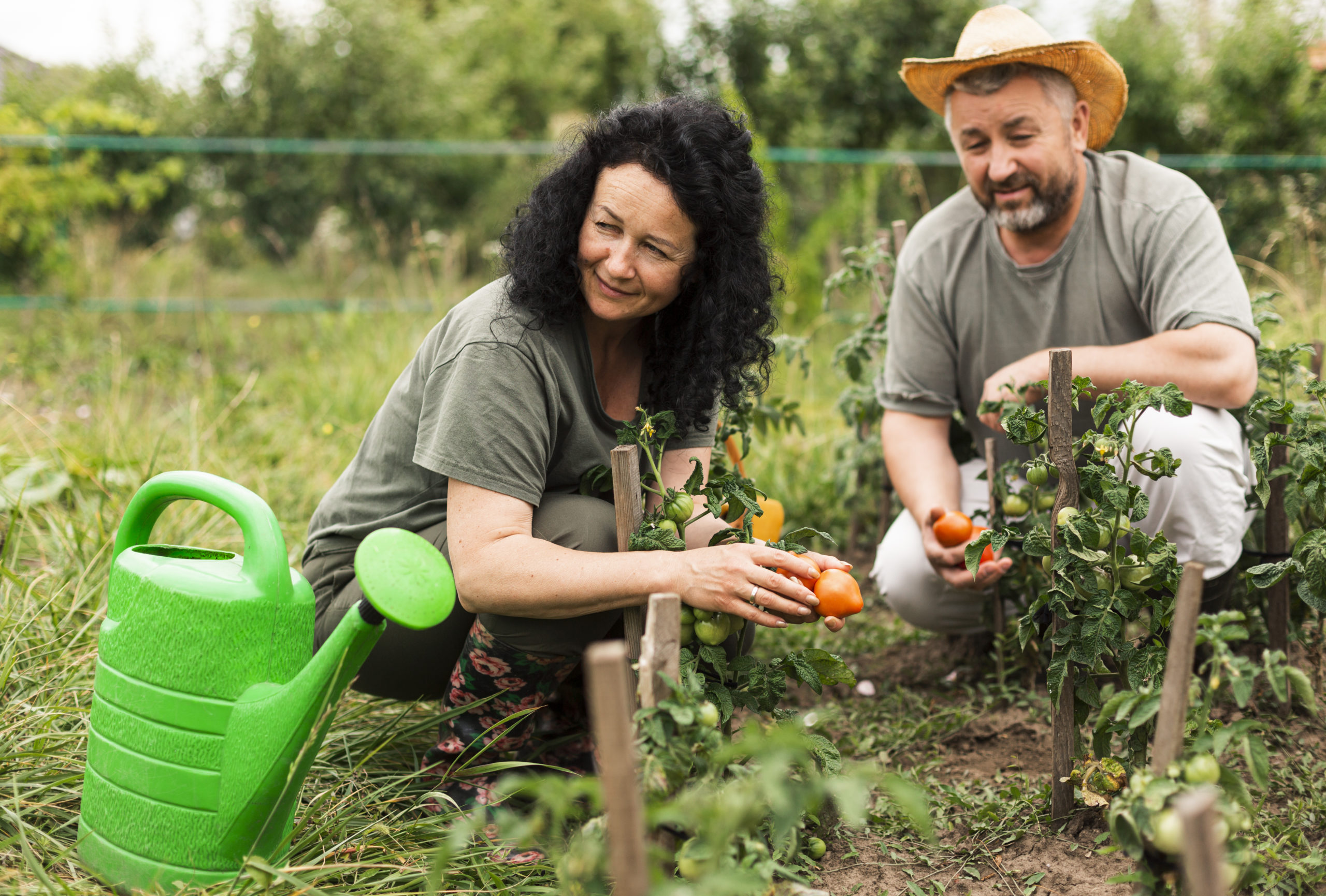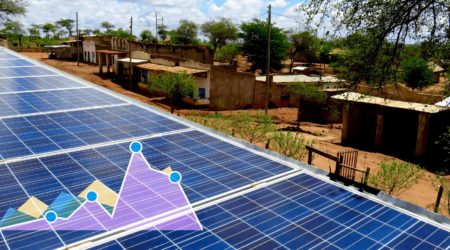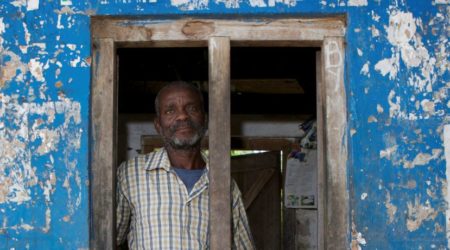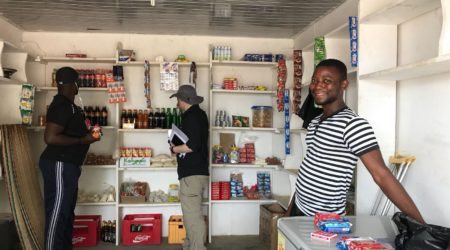Why we’re doubling down on Latin America

Across Latin America, daily life is shaped by overlapping crises. A farmer in Guatemala can lose an entire season’s income to a single hurricane, while a gig worker in Peru labors without a safety net in a largely informal economy. Even as digital innovation connects more people – from Brazil’s instant payments revolution to Mexico’s fintech boom – the World Bank Findex 2025 report shows nearly one in five adults in the region is still unbanked. The region produces enough food to feed itself twice over, yet 41 million people go hungry since 74% of countries in the region are highly exposed to extreme weather events. These gaps in finance, climate resilience, livelihoods, and food security are not isolated—they reinforce one another.
Yet, amid these challenges, the region is also reimagining how inclusion works. Ecosystem-level efforts are emerging to bridge silos and invest in systems that serve people. At the IDB Group’s inaugural FinnLAC Forum in Miami on November 4-5, public and private leaders came together to outline the next decade of inclusive finance. It felt less like another conference and more like a reset around a shared ambition.
James Scriven, CEO of IDB Invest, officially announced the new IDB Group umbrella, bringing IDB, IDB Invest, and IDB Lab into closer alignment, each pillar playing a distinct but connected role. IDB Lab will continue seeding digital solutions; IDB Invest is mobilizing blended finance through facilities like ReInvest+, channeling billions in local-currency lending toward climate and SME portfolios; and IDB is helping governments knit together the rails of inclusion: interoperable payments, data exchanges, government and regulatory coordination. Together, they are building the infrastructure of inclusion—from IDB Pay (digital public goods) to fAIr LAC (responsible AI frameworks) to Amazonia (blended-finance vehicles linking innovation and capital).
For BFA Global, this direction resonates deeply. Our work in Latin America over the past decade has focused on building bridges between people, institutions, and systems—turning innovation into measurable impact.
- OPTIX, with the support of MetLife Foundation, helped non-bank financial institutions in four countries, like Acreimex in Mexico and Banco W in Colombia, redesign savings and credit products for impact, optimizing data-driven cross-sell.
- FinnSalud Mexico, also supported by the MetLife Foundation, introduced CIMA, a financial health measurement tool that enables institutions to measure client and employee well-being. It has also developed product features and AI tools for financial cooperatives to enhance financial health and business performance.
- Strive Mexico, supported by the Mastercard Center for Inclusive Growth, measured and promoted the resilience and digitalization of micro and small enterprises (MSEs) in Mexico by strengthening the capabilities of organizations that serve them, mapping the ecosystem, and fostering collective learning.
- TECA Mexico supports startups and innovative ideas that create a positive social and environmental impact in Mexico’s marine and coastal ecosystems.
Together, these efforts show what happens when data, design, and discipline meet purpose: systems start to perform, and people gain agency—the capacity to shape their own futures.
As we look ahead, we’re energized by the art of the possible in Latin America: where responsible innovation drives agency, resilience, and inclusion at scale, which are the principles that have guided BFA Global’s work around the world.
Our priorities in the region are clear:
- Digital transformation for financial inclusion – modernizing regulated entities such as cooperatives, microfinance institutions, and inclusive banks through responsible use of data and AI, while aligning with emerging digital public infrastructure (DPI) like interoperable payments and open-finance frameworks to expand access and trust.
- Climate resilience and innovation – partnering with startups and established organizations to apply new technologies, including generative and responsible AI, for adaptation, smarter decision-making, and human-centered design, supported by blended-finance instruments that de-risk innovation and crowd in private capital.
- Food systems security – collaborating with agricultural supply chains, financial providers, and investors to strengthen resilience, improve productivity, and expand access to finance for smallholders—leveraging AI and blended finance to make value chains more transparent, adaptive, and investable.
Our work spans the region’s ecosystem of development finance institutions (DFIs), corporates, accelerators, financial service providers, and governments. Each partnership adds a piece to the same puzzle: making systems perform for people.
Precision. Personalization. Purpose. Agency.
Those remain the principles behind every system we help build.
I am excited to make Latin America our next frontier.
– Prateek



